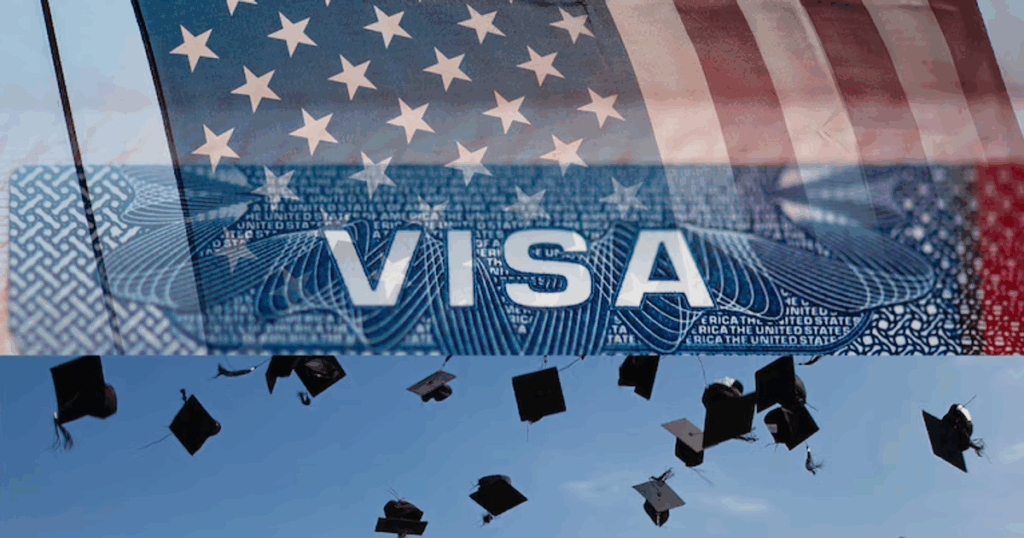According to the US State Department's Consular Office, the new directive affects a wide range of visa categories, with most Ghanaian applicants currently being limited to single-entry visas that are valid for just three months.
Diplomacy and special visas maintain long validity
Under the revised framework, Class A visa holders, normally reserved for diplomats and government officials, will continue to receive multiple input visas valid for 24 to 60 months.
Similarly, the K1 visa issued to the fiancé or fiance and fiancé of a US citizen, as well as the K2 visa granted to unmarried children under the age of 21, remain valid for six months, but only allows one admission to the US.
K3 and K4 visas for US citizens and their dependent children's spouses are issued as multiple entry visas with a validity period of 2 years (24 months) each.
Students and tourist visas are currently restricted
The updated rules will have a major impact on applicants for Class B visas, which cover tourism and business visits. These applicants will only receive a single entry visa that is valid for up to three months.
Student visa applicants are also affected. F-1 visa holders, typically enrolled in a full-time academic program in the United States, will receive a valid visa for one entry and expire after just three months. This represents a departure from previous arrangements where such visas often allow multiple entries and long-term stays, typically in the range of one to five years.
The revised policy is part of the broader global reciprocal framework of the US government, under which visa conditions are consistent with those extended by other countries to American citizens.
This latest move may have followed a similar revision recently applied to Nigerian citizens, and updated ongoing diplomatic revitalization or US national security and immigration enforcement priorities. However, no formal explanation has been provided by US authorities inherent to Ghana.
Frequently impacted travelers and students
This change means that Ghanaians who frequently travel to the US for education, business involvement or tourism may need to reapply for a visa prior to each trip. This could increase financial and administrative burdens, such as increased visa processing costs and longer latency times.
Future travelers are encouraged to consult the official US Embassy website or to contact a certified immigration consultant to better understand how these new visa requirements will affect their travel plans.


